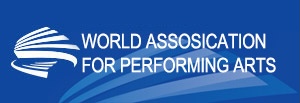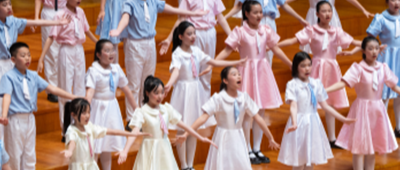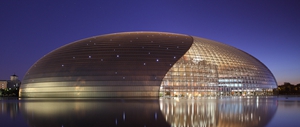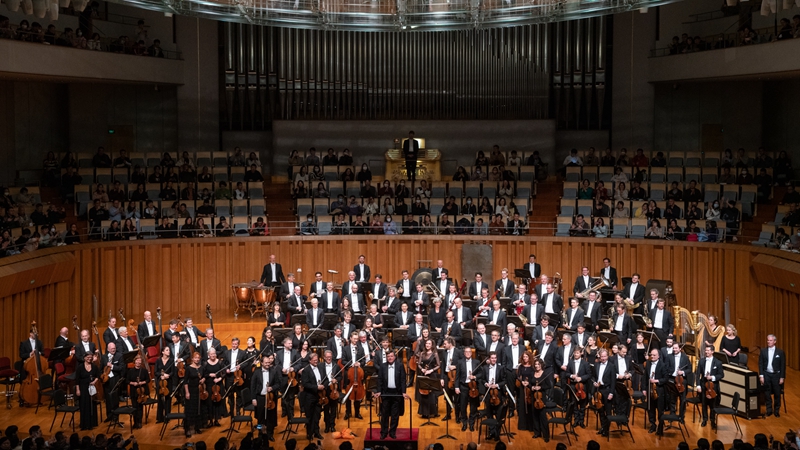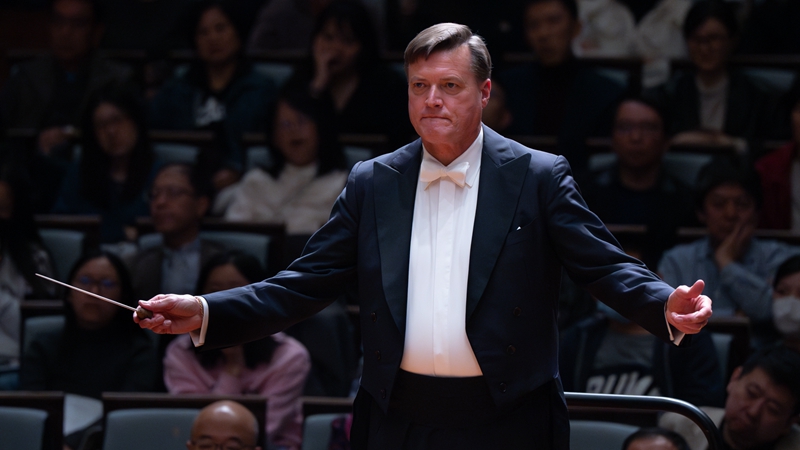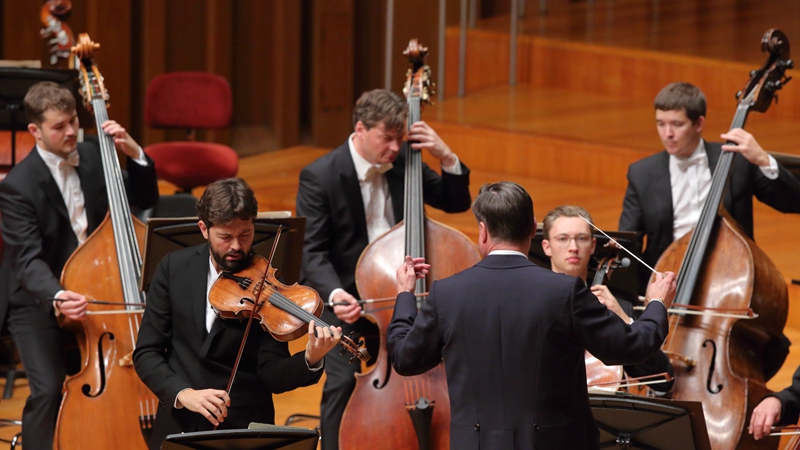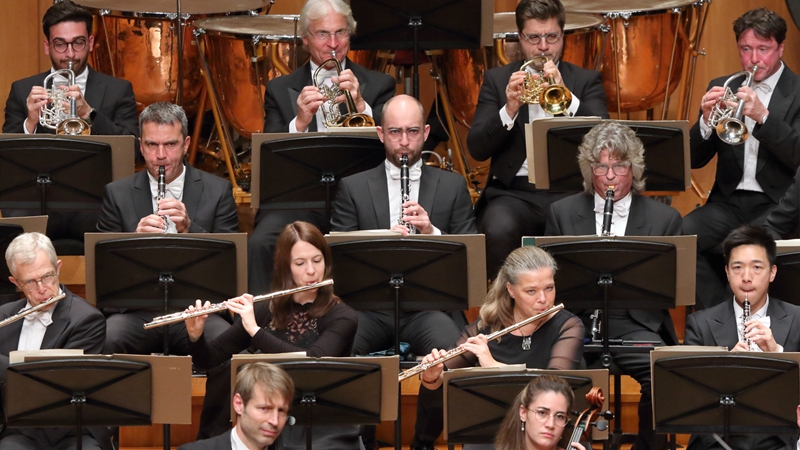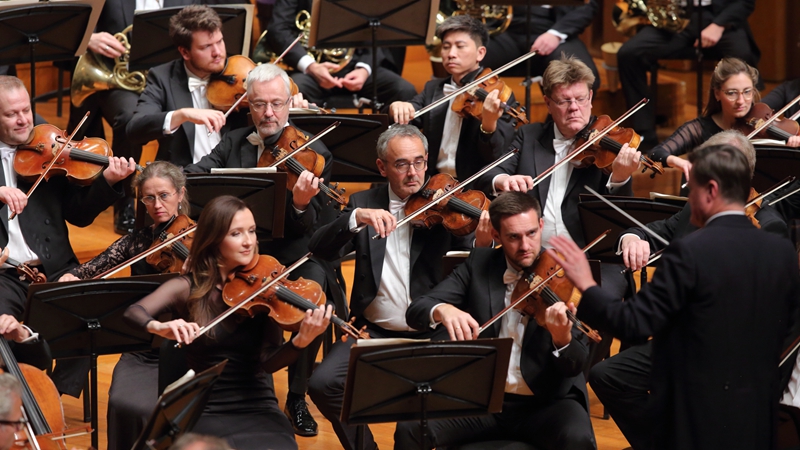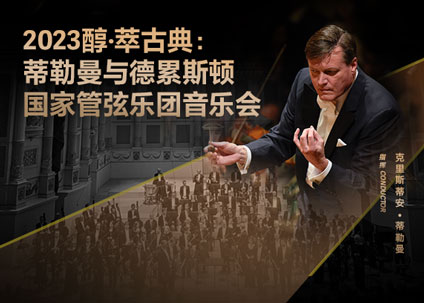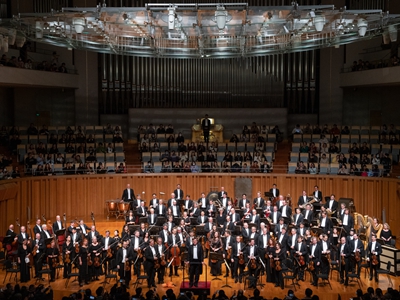Tonight, the NCPA Pure Classical Series 2023 was graced by the presence of Christian Thielemann, a German-Austrian music leader and conductor, as well as the Staatskapelle Dresden, which has a history of 475 years. This pair of year-end top partners staged Hindemith’s Der Schwanendreher and Richard Strauss’ Eine Alpensinfonie.
It was the fourth time that Maestro Thielemann, who performed at the NCPA in 2012, 2013 and 2018, had appeared on the NCPA stage. The long-lost sound of Dresden reverberated over the concert hall at an interval of one octave. This music feast, beginning tonight and to last for another two nights, gave the audience a comprehensive understanding of the true strength of the Staatskapelle Dresden, the most orthodox inheritor of German-Austrian classical music.
The concert started with a warm and imaginative intro played on the viola. In the first hall, Performer Lawrence Ball and the orchestra performed German composer Hindemith’s concerto, Der Schwanendreher.
This work features something novel and traditional, with traditional German folk songs and modern compositional techniques skillfully blended together by the composer. The three movements are based on some German folk songs, which carry with them a reminiscence of the past and a hope for the future. Lawrence Ball brings out the best in the viola’s timbre, and his cooperation with the orchestra is commendable, too. The rich tone and clear, subtle change in music character show his accurate control over the historical style of the work.
Eine Alpensinfonie, played in the second half, is full of the composer Richard Strauss’ intriguing thoughts and feelings. As a work composed for the Staatskapelle Dresden, it was premiered in 1915 under Richard Strauss’ baton.
The majesty and steepness of the Alps were revealed little by little with music going deeper and deeper. Like a guide, Thielemann took the audience through lofty mountains and high ranges. Under his precise control, the orchestra presented refreshing and inconstant acoustic colours. The brass was played with great strength in balance, exciting the audience, while the music devices made sounds of nature, with the highly expressive thunder accelerating heartbeats. Various hiking scenes and thrilling predicaments instantly came out of the ear into the eye, making the listeners unable to come back to their senses for a long time.
Amidst the prolonged applause, Thielemann and the orchestra gave an encore by performing “Mondscheinmusik”, a piece from Richard Strauss’ Capriccio, Op. 85.
This afternoon, Thielemann spoke highly of the NCPA’s artistic atmosphere in a media interview. He said that returning to the NCPA again made him feel as if reuniting with a bosom friend. There are excellent sound effects in the concert hall, and everything is done well behind the scenes.
Less than two months from now, Thielemann will raise his baton over the Vienna New Year’s Concert 2024. When it came to the two Strausses and his understanding of waltzes, Thielemann said that Johann Strauss’ waltzes usually begin with something romantic, seeming full of fantastic, dramatic tension. For
Der Rosenkavalier - Waltzes, which the Beijing audiences will enjoy tomorrow night and the night after next, the composer Richard Strauss made a petty annotation on the score, indicating his intent of paying tribute to Johann Strauss with some music. Unlike most people, who consider waltzes to be cute, Thielemann thinks that a waltz sounds a bit sad, seeming to tell a story that took place a long time ago, with a nostalgic and sentimental feeling.
Finally, Thielemann said with emotion that he had been so fortunate enough to grow up with his national music by listening to rehearsals and performances given by outstanding musicians, such as Herbert von Karajan, Karl Böhm, and Eugen Jochum, that he could learn and fully feel the German cultural characteristics, eventually enabling himself to retain such German sounds as his own tradition.
The NCPA is the last stop on Thielemann and the orchestra’s China tour. On November 6th-7th, they will present all pieces in the repertoire designed to mark the 475th anniversary of the birth of the orchestra, including Weber’s Jubel Overture, Wagner’s Tannhäuser Overture, and Richard Strauss’ Also Sprach Zarathustra, Der Rosenkavalier Suite, etc.
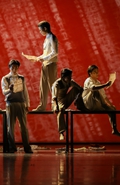 Repertoire
Repertoire
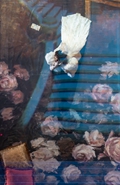 Films
Films
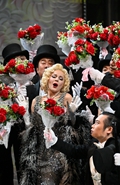 Videos
Videos
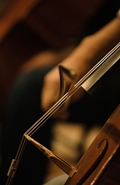 Podcast
Podcast
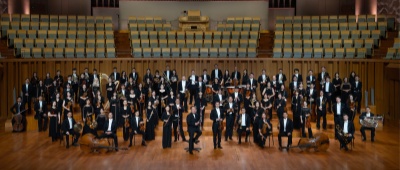 China NCPA Orchestra
China NCPA Orchestra
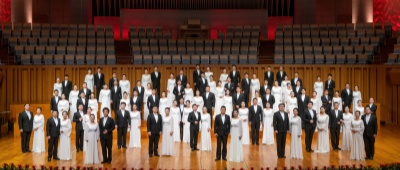 China NCPA Chorus
China NCPA Chorus
 NCPA Resident Singers
NCPA Resident Singers
 NCPA Drama Ensemble
NCPA Drama Ensemble
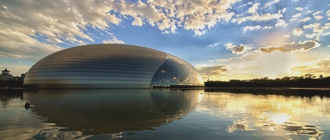 Buildings
Exhibitions
Buildings
Exhibitions
 Opening Hours
Services
Opening Hours
Services
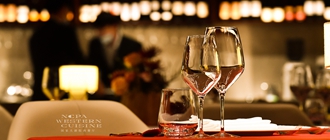 Western Cuisine
NCPA Café
Arts Gifts
Western Cuisine
NCPA Café
Arts Gifts







